
Yesterday, 17th October 2021, was International Day for the Eradication of Poverty. On this day, the Centre for Human Rights and Rehabilitation (CHRR), in line with its commitment to promote human rights, including social economic rights, reflected on progress the country is making towards achieving Sustainable Development Goal (SDG)1 on ending extreme poverty by 2030.
We commend the current government’s efforts to tackle extreme poverty. Over the last one year or so, we have seen the Tonse administration pursuing poverty reduction efforts through various strategies emphasising economic growth, infrastructural development and the provision of basic services. Yet, despite these strategies, poverty remains widespread in Malawi and it appears to be worsening. The facts speak for themselves. About 76 percent of the Malawi population live on less than $1.90/day, according to World Bank and Ministry of Economic Planning estimates.
Currently, Malawi’s economy is facing unprecedented inflationary pressures arising from increasing prices of strategic commodities such as fertiliser and fuel on the global market coupled with a volatile exchange rate and depleted foreign exchange reserves. Consequently, many Malawians are struggling to makes end meet. We observe, for instance, that many people are unable to buy fertiliser, cooking oil and other basic necessities as they used to and we believe that if no urgent interventions are taken to remedy the situation, particularly on the price of basic commodities like fertiliser, many people will experience hunger next year. This dreadful prospect calls for strong measures and interventions to be put in place to avert the impending crisis.
As CHRR, we remain uninspired by current progress towards ending extreme poverty by 2030. Of course we are aware of the negative impact that the Covid-19 pandemic is having on poverty reduction efforts not only in Malawi but also across the globe. CHRR understands that the pandemic has caused an unprecedented shock to the global economy, resulting in tens of millions of people being pushed back into extreme poverty, undoing years of progress registered in poverty reduction efforts world-wide. However, CHRR is also aware that Malawi’s fragile economy is on a downward spiral due to several factors emanating not only from the pandemic but also from years of economic mismanagement. CHRR observes that even before the Covid-19 pandemic, progress towards SDG 1 had slowed down, and the country was not on track to ending extreme poverty by 2030. The Covid-19 pandemic has only exacerbated an already difficult situation.
With this background, the hope of many Malawians who went to the polls in June last year was that the new administration would work towards rescuing the situation. But sadly, many Malawians have been left disappointed by the current administration’s half-hearted measures to tackle extreme poverty in the face of the pandemic. The much-touted Covid-19 Emergency Urban Cash Transfers programme is still yet to produce any tangible benefits, with reports indicating that some targeted beneficiaries are yet to benefit from the programme almost a year after its roll out. The campaign promise on providing monthly cash allowances to the elderly, a majority of whom are in the ultra-poor category, has still not materialised one year after Tonse came to power.
We wish to remind government that access to social protection is a human right, and it is government’s moral imperative to ensure that no one is left behind. CHRR particularly urges government to act in the face of predictions that the number of people living in abject poverty is set to rise to millions within a few years. A recent report by the Institute of Security Studies (ISS) predicts the number of people living in extreme poverty in southern Africa to worsen by 2040, where the majority –45 percent –will be concentrated in Malawi and Madagascar. This prediction is scary and calls for robust, innovative and urgent interventions to avert the situation.
The Tonse administration has no excuse for its dismal performance in ending extreme poverty. Political stability has returned to Malawi following the June 2020 presidential election, which should support increased investment in poverty alleviations efforts. The country is also experiencing favourable weather conditions, which should help towards food security.
We wish to conclude by reminding the Tonse administration that the demonstrations that preceded the fresh presidential election were not just about change of leadership. Most of the people who took part in the protests did so because of worsening economic conditions. Many protesters were optimistic that a change in leadership would transform the country. The Tonse leadership must, therefore, do more to tackle extreme poverty or they will look back in shame. During his inaugural State of the Nation Address last year, President Lazarus Chakwera had promised Malawians that his government would accomplish the goal of economic liberation, a goal he said had been elusive for the past 26 years. “It is no secret that we have had one administration after another shifting its post to the next election, promising prosperity but delivering poverty”, the President had said. Chakwera had further said that Malawi’s poverty is man-made, which means it can be unmade. But since then so little has been done towards “unmaking” Malawi’s poverty. Chakwera has an obligation to fulfil the promise he made to Malawians or he will look back in shame come 2025.
Signed today 18th October, 2021 by:

Michael Kaiyatsa
Executive Director
Phone: +265998895699
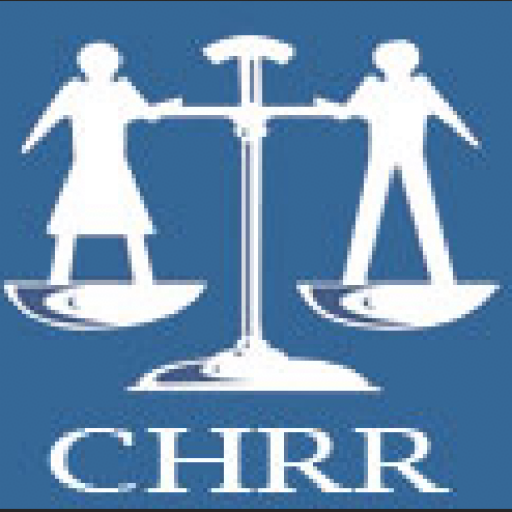
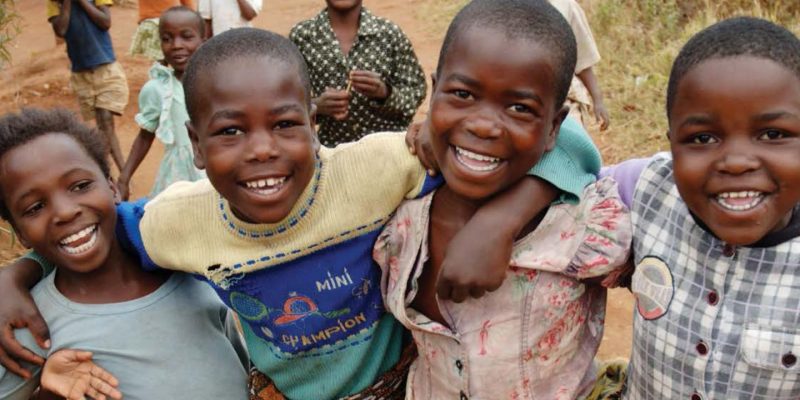
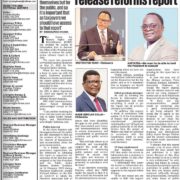
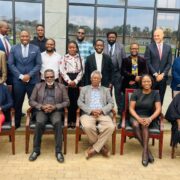
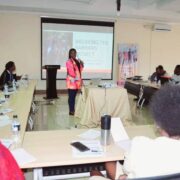
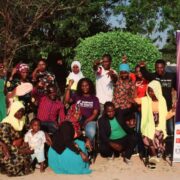


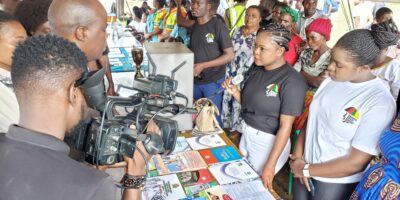
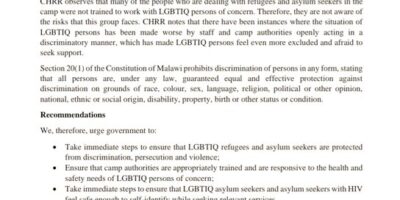
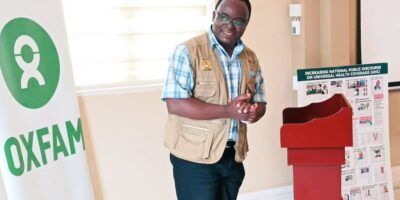

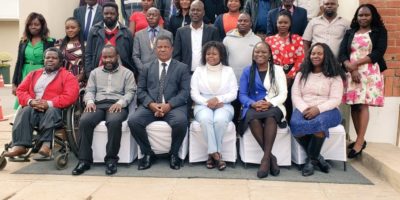
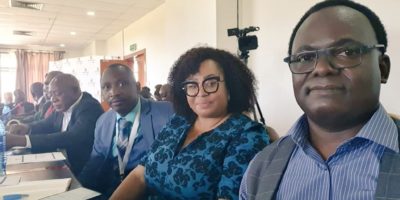
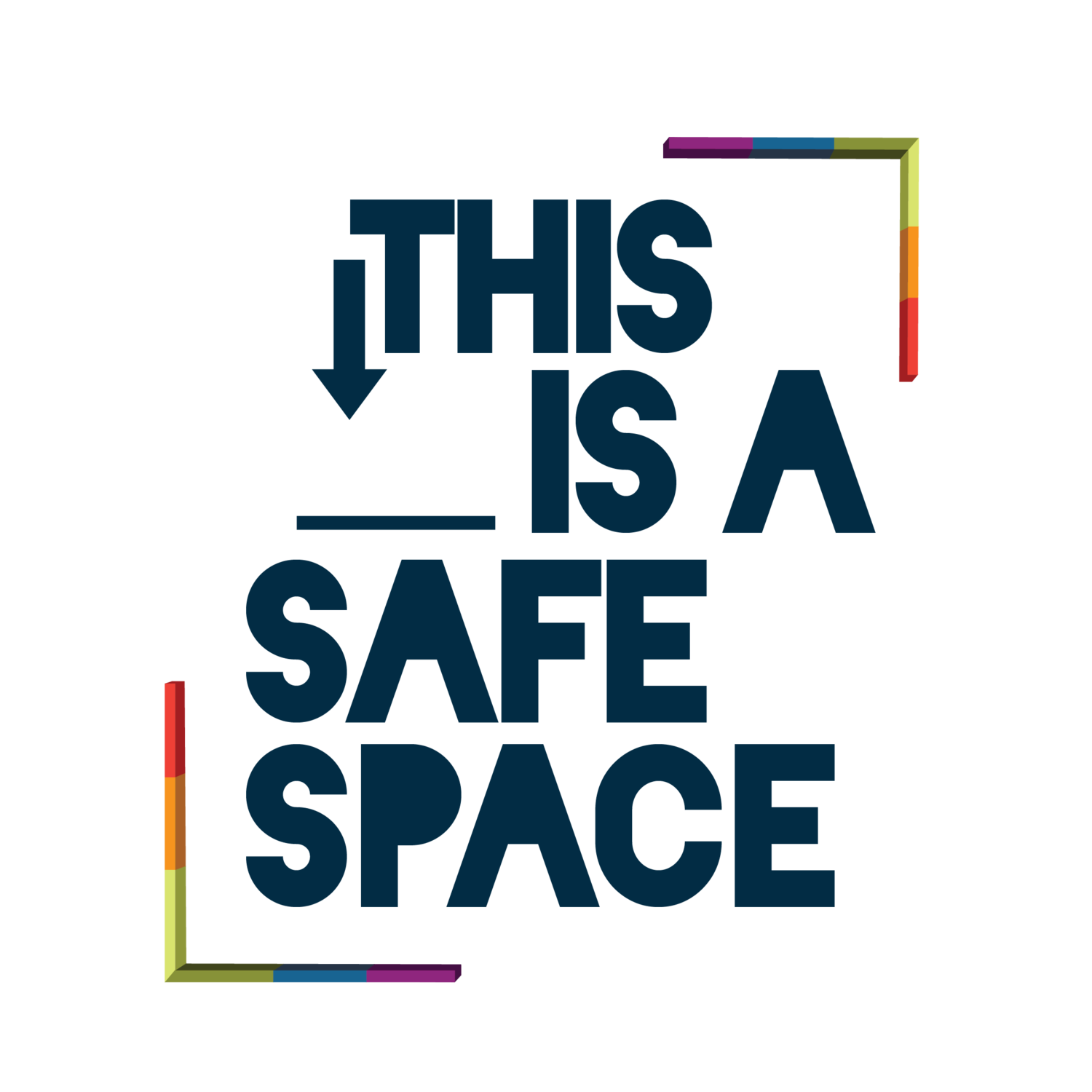
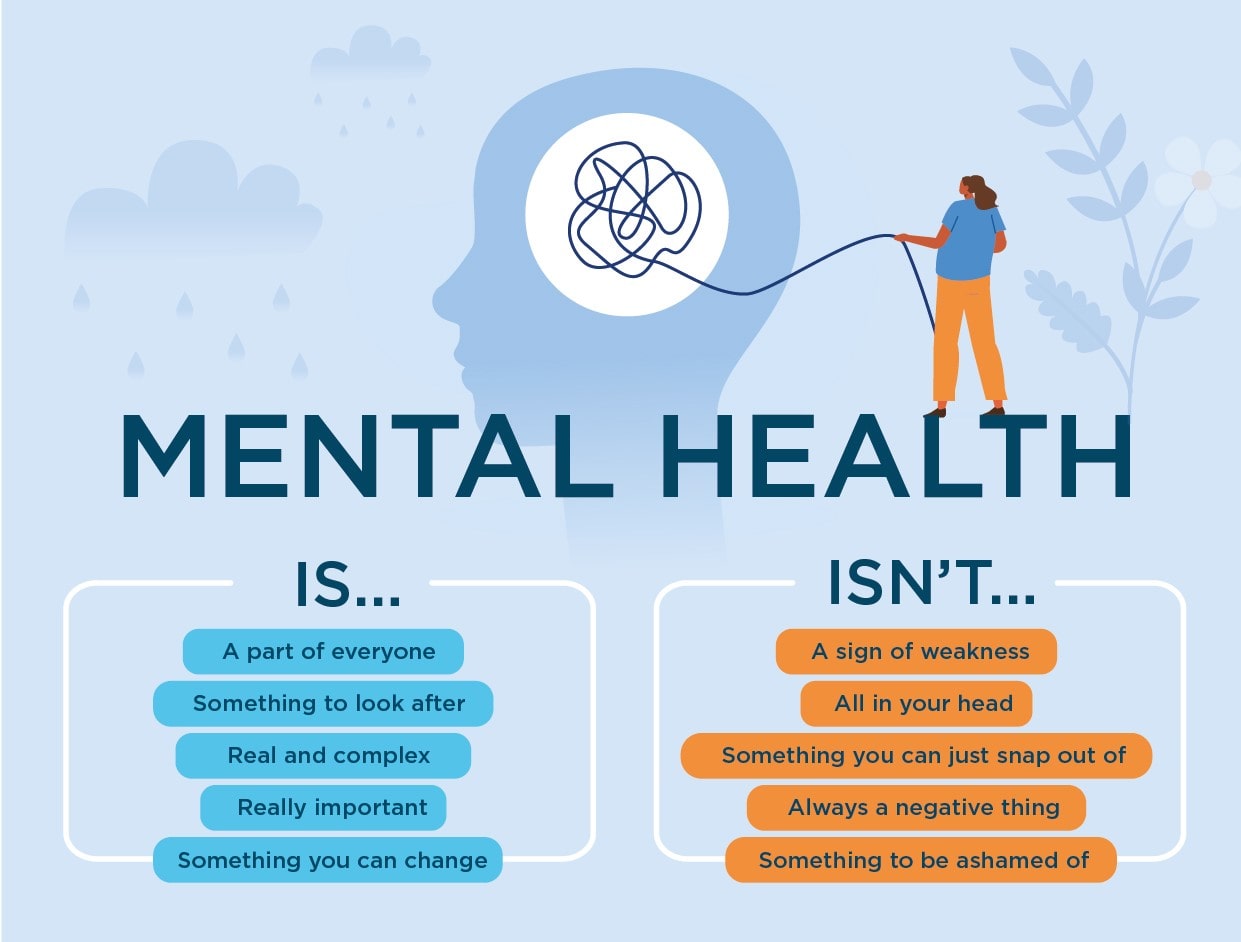
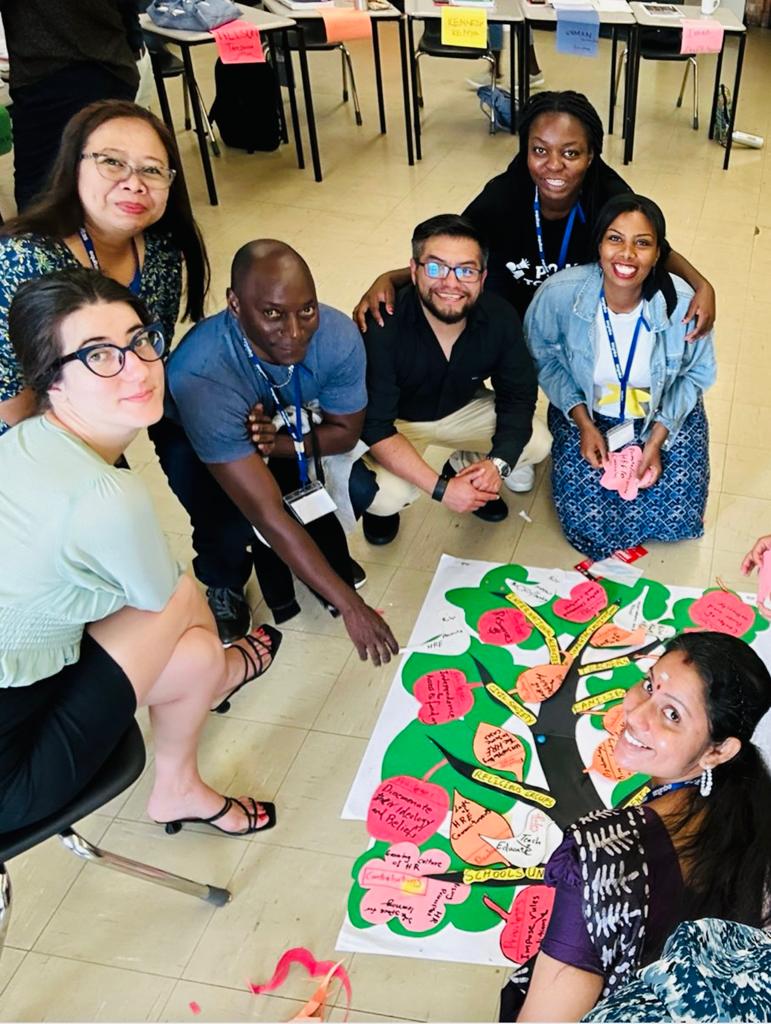
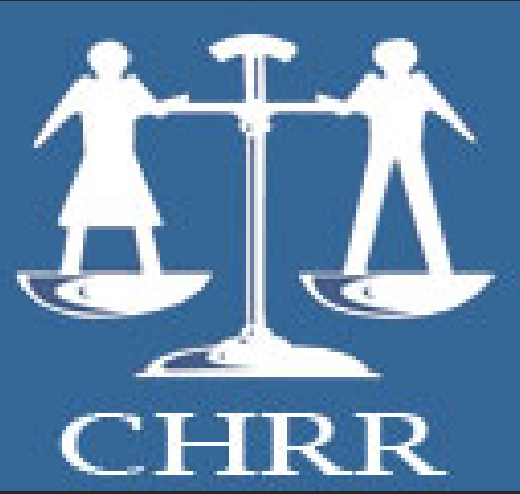


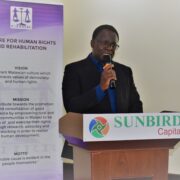
Comments